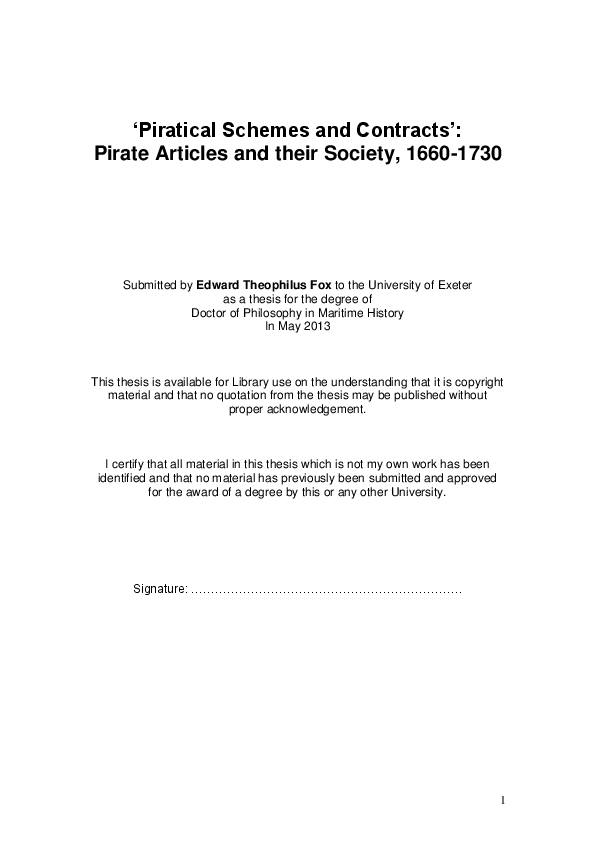What do you think?
Rate this book


356 pages, ebook
Published January 1, 2013
"some of those restrictions [pirates placed on each other], such as the limitation of the right of the individual to renounce his pirate ‘citizenship’ and quit the company, were aimed at liberties that others at different times considered fundamental." (236)